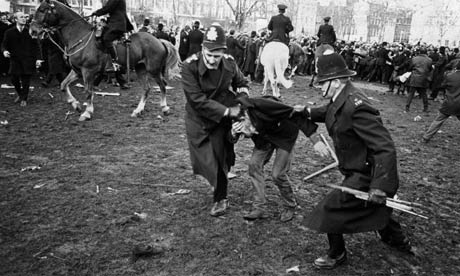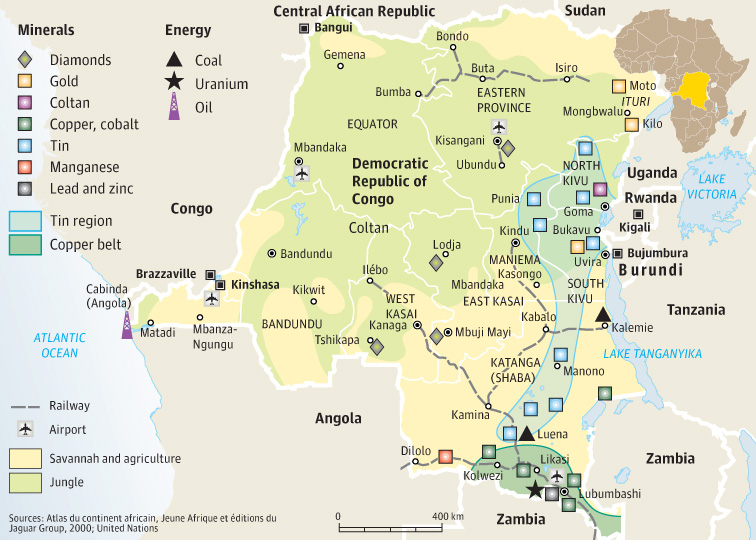I'm always finding issues in my old posts, I tend to avoid reading them if I can. (One time I think I called the Third Carnatic War the Fifth Carnatic War or something.)
Ah yes, the old Gaiman Law still holds true.
I'm always finding issues in my old posts, I tend to avoid reading them if I can. (One time I think I called the Third Carnatic War the Fifth Carnatic War or something.)
Now that I think of it, what will TTL iteration of Great Britain look like after the war? I know that many of the far flung dominions look at Great Britain as a ruler who does not pay them enough concerns and tend to mismanage their resources to the extreme. But what do the British think about the fading Empire? Does the population wish to shed the excess weight and retreat to just Great Britain, or do they want to maintain their control over the commonwealth? Considering how the war has gone, and how they've depended on the dominions so much, would their be a political movement for a co-equal commonwealth, where Britain is just one among many nations?
And to that note, what territories will Britain retain? I remember some talk of them keeping the Andaman & Nicobar Islands, and maybe the Maldives, as part of Great Britain proper. Maybe they could be granted a status similar to crown dependencies. (The same if Malta stays as a dominion under Great Britain? Or have they relinquished too much authority already?)
Some Commonwealth realms are doubting the usefulness of getting "dragged" into the war.
I should expect so, as poorly as this war has gone for the British.
Actually so far it is going according to British tradition. At the start of any war Britain gets its ass handed to it regularly. Then the defeats slow down as Britain gears up and shakes off its problems and then the tide turns finally in their favour. That must be a trope of some kind...



This war seems quite unpopular with everyone.
What are the political standing in ideological terms of TTL British parties?In the United Kingdom, Prime Minister Vaughan’s war cabinet composed of Tories, Imperial Progressives, and pro-war Liberals kept control of the government during the 1977 general election. However, anti-war Liberals and the Socialist Workers Party under the firebrand Keith Reece did gain seats in the House of Commons. Reece and the SWP continued to organize large street protests that often turned violent quickly becoming the focal point for a growing anti-war movement. In Ireland, the centrist government of Meridith O’Nullain struggled to hold on as opposition parties on both the right and left threatened to drive Ireland out of the war. [/LEFT]
I suggest you change the name to Miguel Luíz Fernandes (I'm assuming that Portugal remaining a kingdom butterflied away the Portuguese Orthographic reform of 1911, and Luíz doesn't become Luís). Miguelito is a diminutive and would not be used in a formal name.Miguelito Luiz FernandesPremier of the Kingdom of Portugal
It looks like Ireland, Portugal, and India are having the worst of it, though. At this rate, India is going to fracture into another small collection of warring states. The war will effectively be over in the west if that happens. If Japan doesn't peace out before then, the Korean peninsula will be flooded with the Chinese soon enough. Only, would that put them in a small kill-zone in range of the Home Island's defense? Time will tell.
As for Portugal, things are looking bad for the Kingdom. Unless the war, for them, ends soon, they're going to lose all of their colonies, as they don't have the manpower to keep them together. I don't see the current King and government, as it is, granting the three large colonies dominion-like status.
Then again, with all their defense of East Timor, they might actually manage to retain that (the natives seeing the lengths Portugal will go to defend them?), along with Capo Verde. (due to longer acclimatization if they still have it; don't recall seeing it mentioned) Just speculation, of course.
And Ireland is, well, Ireland. No real surprises there, other than they haven't rebelled yet.
Although, with the state of South America... Might we see bloody actions taken against the democratic forces, which would spur the Columbians, and then the rest of South America/North America, into action?
What are the political standing in ideological terms of TTL British parties?
I suggest you change the name to Miguel Luíz Fernandes (I'm assuming that Portugal remaining a kingdom butterflied away the Portuguese Orthographic reform of 1911, and Luíz doesn't become Luís). Miguelito is a diminutive and would not be used in a formal name.
Keep it up, Mac Gregor!
Here is the flag and map for Zambezia. Enjoy.
Looks good, Mac. Was wondering if South Africa was going to keep expanding north or not.
Thanks Luminous. Yeah, there was some discussion on whether Zambezia would join either South or East Africa, but in the end a separate Dominion seemed the most logical choice.
Any chance of them absorbing British Congo?
